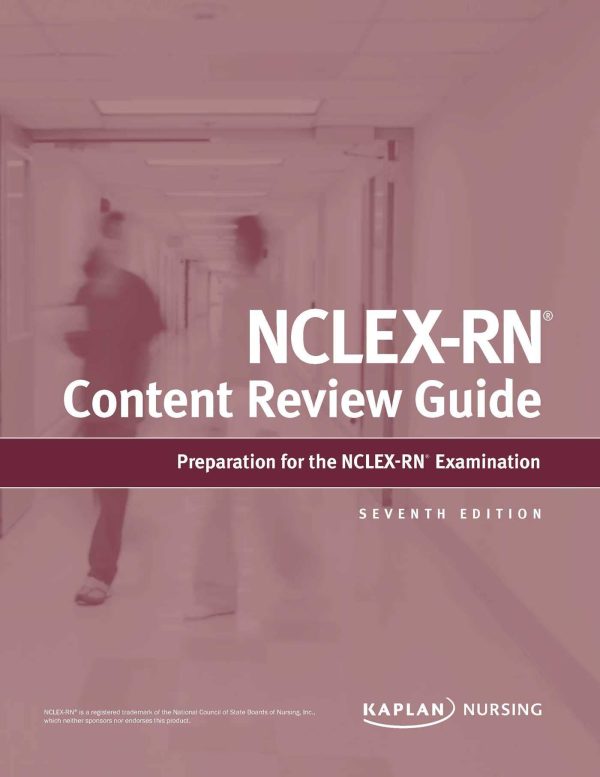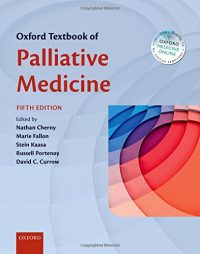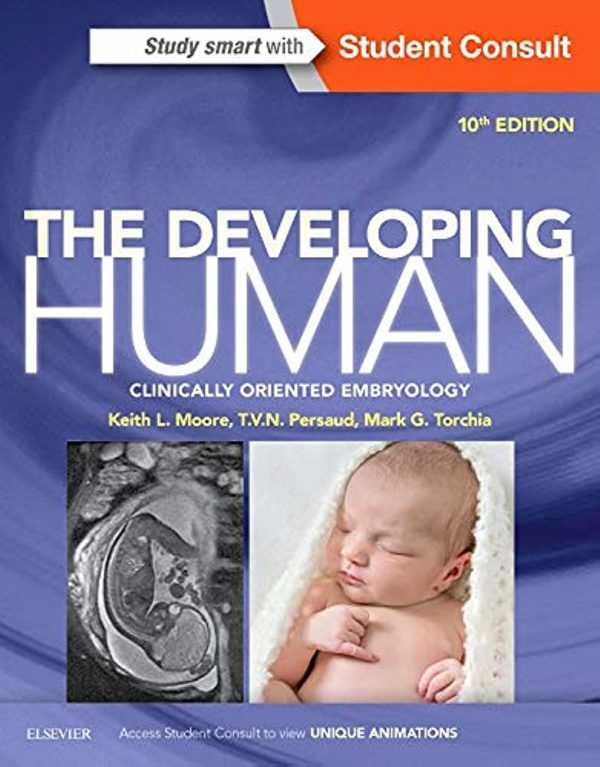Description
HCC is the most common primary cancer of the liver and according to the WHO report, the fourth commonest cause of death. The estimated incidence of new cases worldwide is about 500,000-1,000,000 per year causing 600,000 deaths globally per year. Although there are large areas of the world where the incidence of HCC is still unknown, several countries in East Asia and some Sub-Saharan African regions are affected by a very high prevalence of HCC (over 20 cases/100,000 population). Areas with a moderately high risk (11-20 cases/100,000 population) include Italy, Spain and Latin America, while France, Germany and the United Kingdom have instead an intermediate risk (5-10 cases/100,000 population). A relatively low prevalence (less than 5 cases/100,000 population) is found in the United States, Canada and Scandinavia. The incidence of HCC has been rising in developed western countries in the last two decades, along with the emergence of the hepatitis C virus infection and due to the rise of immigration rates from HBV-endemic countries.
In addition, even though the incidence of HCC reaches its highest peak among persons over 65 years, an increased incidence among younger individuals has been noted in the last two decades both in USA and Europe. A multidisciplinary approach should be taken when assessing patients with HCC; stage of HCC and liver disease should always be taken into account and the best treatment should be offered. Liver resection and ablative treatments should never be denied to patients, and curative procedures should be performed in hepato-biliary-pancreatic centers. Each HCC patient has to be evaluated singularly, stratifying each time the risk for the procedure so as to determine which treatment is the best treatment. It is also important to analyze all the possibilities that can be offered. This similar approach showed a good efficacy and safety in all “frail” patient categories, such as elderly patients or patients with HCC and HIV infection. Early diagnosis of HCC and retreatment for HCC recurrence have a key role in the survival of patients. Therefore, regular screening programs for HCC should be extended to all patients according to proposed guidelines, together with a greater proclivity for treatment and retreatment options in cases of an HCC diagnosis or recurrence. This may be an important and needed breakthrough for this rising problem.
















Reviews
There are no reviews yet.